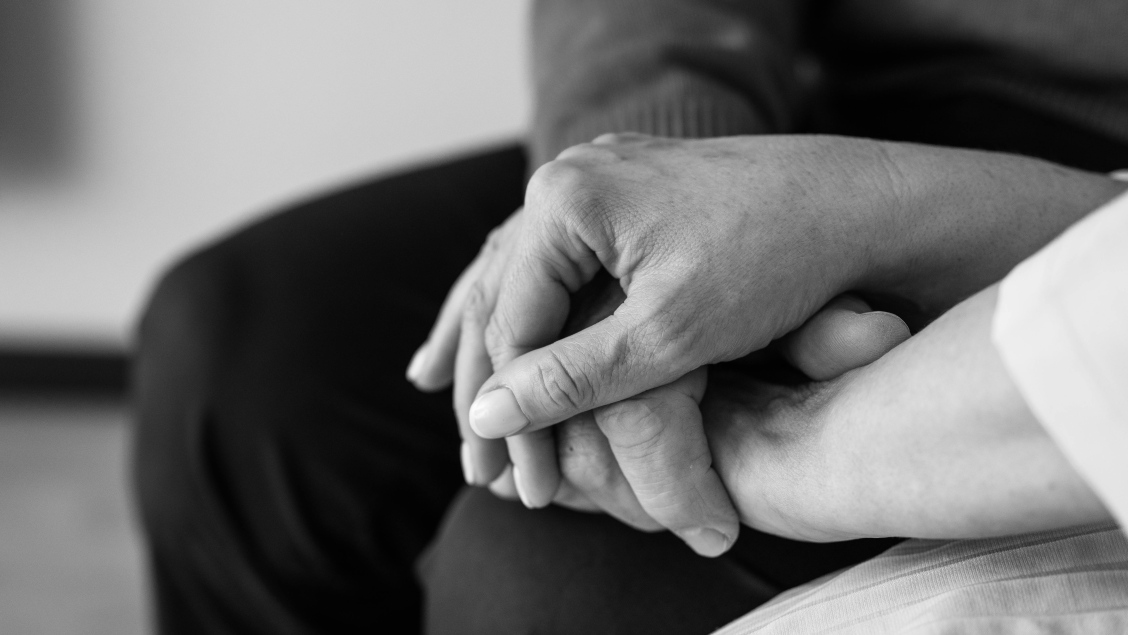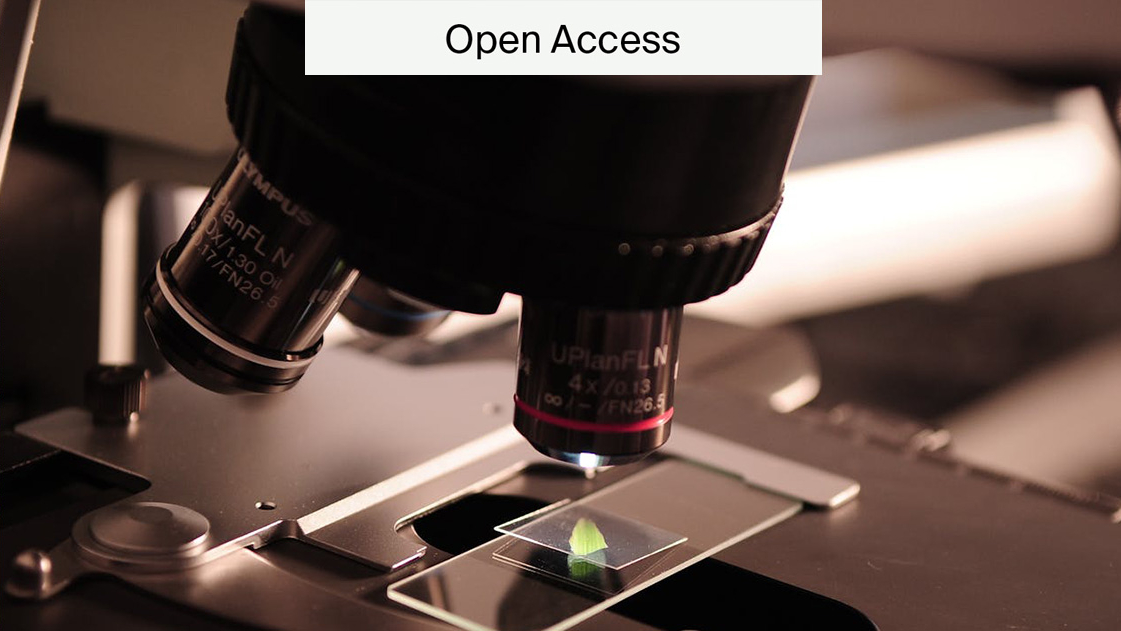
How Caring-Healing Modalities Can Help People with Cancer
Receiving a cancer diagnosis can be an immensely emotional and significant life event. Cancer is the leading cause of death globally. The World Health Organization states that cancer caused nearly 10 million deaths in 2020, accounting for one in six deaths.
However, there have been significant advancements in cancer research, including early detection methods and the introduction of new treatment modalities. This has helped improve the survival rates of many types of cancers, however, this means that more people are now living with lasting physical and emotional challenges from treatment and diagnosis.
Researchers from the US published a scoping review in the Open Access journal Nursing Reports exploring the current literature on cancer caring-healing modalities, its targeted outcomes, and measures.
Emotional stress of cancer
Being diagnosed with cancer is a life-altering event that can trigger emotional distress and intense feelings of anxiety, depression and hopelessness.
This could be due to many different aspects that encompass the difficulty of dealing with a potentially life-threatening disease.
This could include the heavy toll of experiencing cancer-related symptoms, reactions to treatment, anxiety when waiting for test results, uncertainty about prognosis and the overall impact on quality of life.
The psychological impact of cancer is significant. The risk factors associated with the severity of emotional distress among persons with cancer (PwC) include:
- Cancer type
- Stage of illness
- Treatment-related factors
- Personality traits
- Medical history
Adopting a resilient mindset has proven to help individuals cope with cancer-related stress and side-effects caused by treatments. These approaches stem from the Watson’s Theory of Human Caring. This theory extends from medical interventions and focuses on a holistic and ethical nursing practice focused on the patients’ mind, body and spirit. The theory recognises the importance of adopting a ‘whole-person approach and recognition of all human needs.’
The theory is based on 10 core principles, which work on instilling a humanistic approach to nursing care that helps to support a person with their dignity, well-being and emotional needs during healing.
More researchers are now attempting to investigate the extent of emotional distress on cancer patients and how different methods that encompass Watson’s Theory of Human Caring, such as caring-healing modalities, can help improve resilience in PwC.
What are caring-healing modalities?
Caring-healing modalities (CHM) refer to a holistic, nurse-led, and non-pharmacological caring practice grounded in caring science to treat people who are sick or who have struggled with and survived illness. Evidence shows that these techniques help to improve resilience and reduce emotional distress.
The essence of CHM stems from the necessity to not only treat the physical aspect of the illness, but to also care for the psychological impact that the disease may have on the individual.
CHM is considered a type of alternative or integrative practice, with an aim to nourish the mind, body and soul through meditative and spiritual practices that centre mindfulness to boost appreciation, self-compassion and self-kindness.
This scoping review in Nursing Reports aimed to assess the role of CHMs in enhancing resilience and reducing emotional distress and PwC. Specifically, the researchers wanted to determine the specific and non-specific factors of CHMs that alleviated distress and instilled resilience in PwC.
Study design
The researchers carried out a meta-analysis and systematic review of the current literature on CHMs. It encompassed a three-step search strategy of all relevant data bases, such as PubMed, Web of Science, Scopus and Scientific Electronic Library Online, using identified keywords and relevant vocabulary for CHM and its impact on resilience and emotional distress in PwC.
The researchers identified 16 records as part of the final sample, which included 1577 PwC aged 30 –70+ years with different types of cancers, such as breast cancer, colorectal cancer and acute myeloid leukaemia. The synthesis and analysis of the data were guided by Watson’s Theory of Human Caring, and the subsequent key elements of CHM were explored.
Different types of CHM to help people with cancer
The results of the study helped to bring a deeper understanding of CHM. From analysis, it showed that investigators tested different forms of CHM in people who survived cancer, including:
- Mindfulness-based CHM: Practices that enable the individual to exercise and experience mindfulness, such as breath work and grounding oneself to the present.
- Group-based CHM: Practices that helped nurture loving, caring and trusting relationships.
- Expressive CHM: Activities that help with emotional release such as music intervention, expressive writing, verbal reflection, and sharing and discussion of deeper feelings and experiences.
- Educational CHM: Activities that centre an educational approach and engage teaching, such as coaching to improve wellness and emotional management.
These different forms of CHM all aimed to practice healing and care in a holistic manner by addressing the emotional needs of the patient to retain hope and build resilience.
“Our findings highlight something too often overlooked in survivorship care: healing doesn’t end when treatment does,” said Judyta Kociolek, corresponding author and director of the FAU Clinical Research Unit, and an oncology nurse prior to starting a career in research. “What patients often need most is to be seen, heard and treated as whole human beings, so they can feel empowered in their recovery and cancer journey. These caring-based practices help them reclaim that sense of self.”
The importance of quiet
The results highlighted the importance of adjusting environmental elements to best suit the individual and to keep them at ease. This includes factors such as environmental quietness, preservation of privacy and freedom from distractions. These elements align with the core principles of Watson’s Theory of Human Caring, where the individual is encouraged to maintain a peaceful mindset in their place of care.

Environmental elements such as lighting, noise, temperature and privacy are all factors which can be altered to reduce feelings of being overwhelmed, anxiety and depression, and is a key aspect of cancer CHM.
“This kind of healing environment isn’t just about peace and quiet – it’s a form of caring in action,” said Rita Gengo, Ph.D., co-author and an assistant professor in the Christine E. Lynn College of Nursing. “When you reduce noise, create privacy and invite calm, you allow people to breathe, reflect and begin to mend emotionally. The setting itself becomes part of the therapy.”
CHM improves resilience and reduces emotional distress
Further analysis of the 16 screened studies showed that mindfulness-based therapies helped to cultivate resilience and reduce feelings of anxiety and depression. Mindfulness has been proven to help with both cognitive and physical health, allowing the individual to be more grounded and present to reduce stress.
Interestingly, both long- and short-term CHM, either face-to-face, online, or both were clinically beneficial.
CHM addresses the potential gap that PwC may experience in their usual care, in that it focuses on instilling a deeper sense of appreciation, belonging, and emotional care towards the individual.
This can help bring a sense of hopefulness to PwC by strengthening bonds with others, enabling self-expression and fostering a kinder and loving relationship with oneself during what is often an immensely difficult period in their life.
“By bringing together personal experience and biological insight, we’re creating a future where care is deeply individualized,” said Kociolek. “It’s a vision of nursing that’s both scientifically rigorous and profoundly human.”
To learn more about research on nursing sciences, access the journal Nursing Reports, or see the full MDPI journal list.










